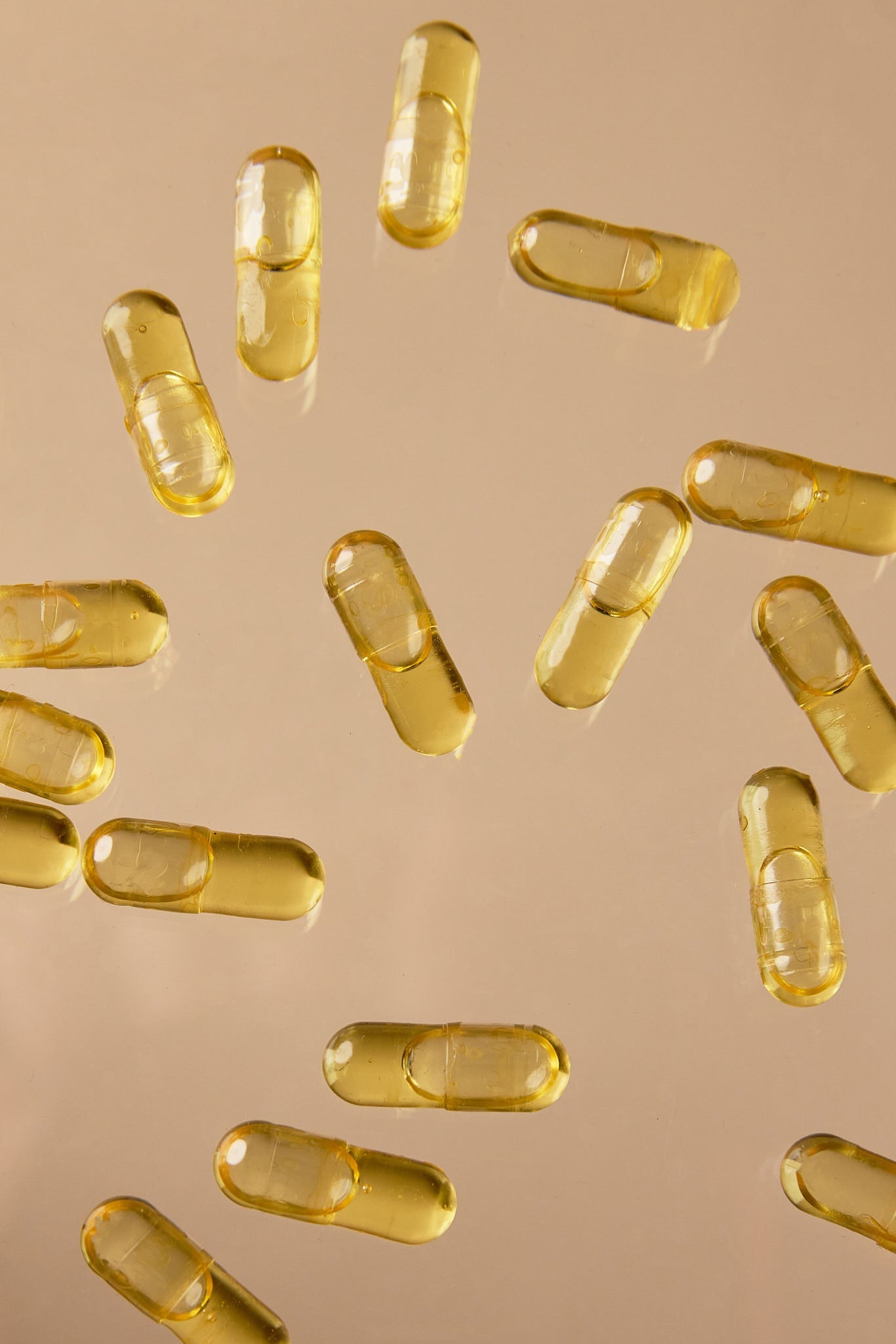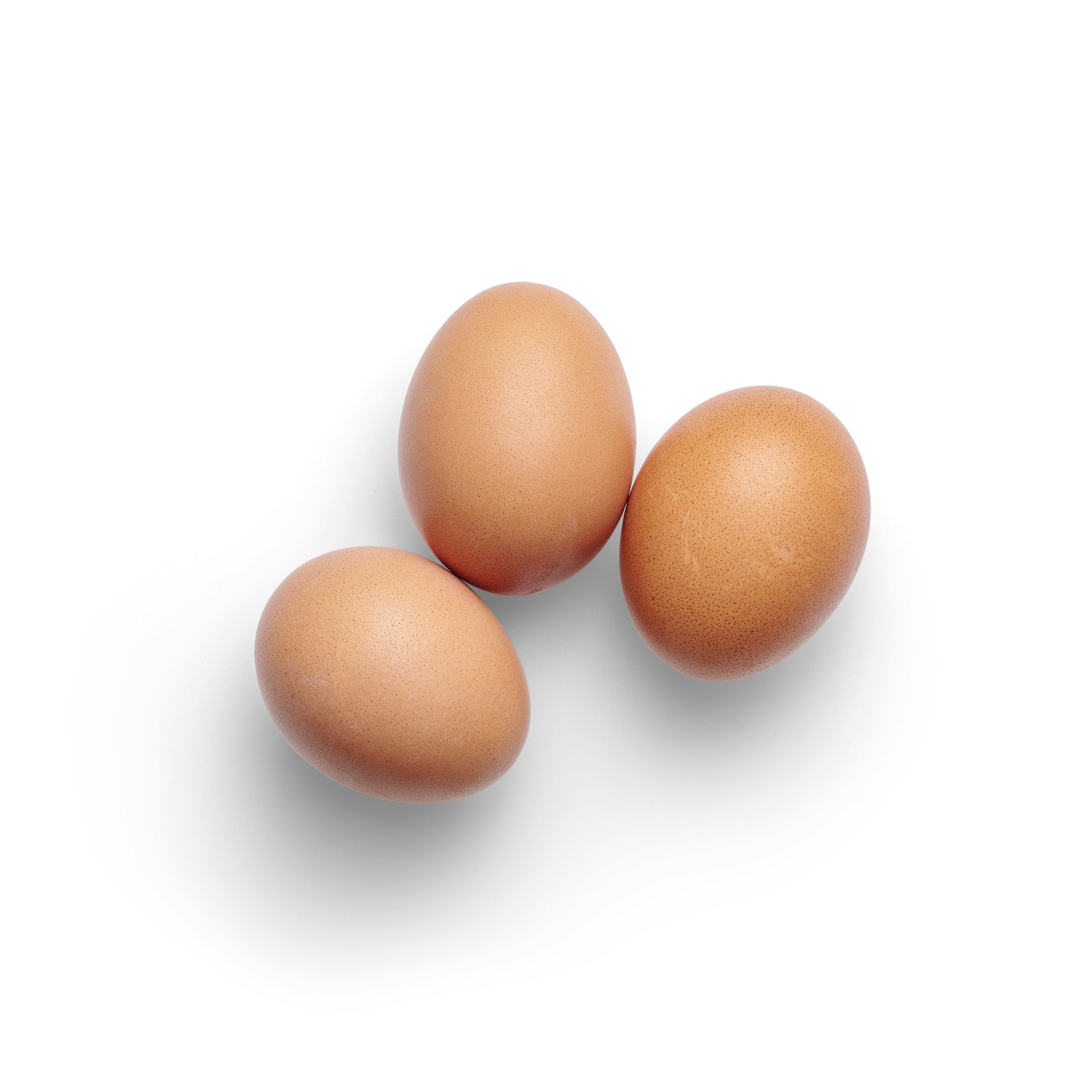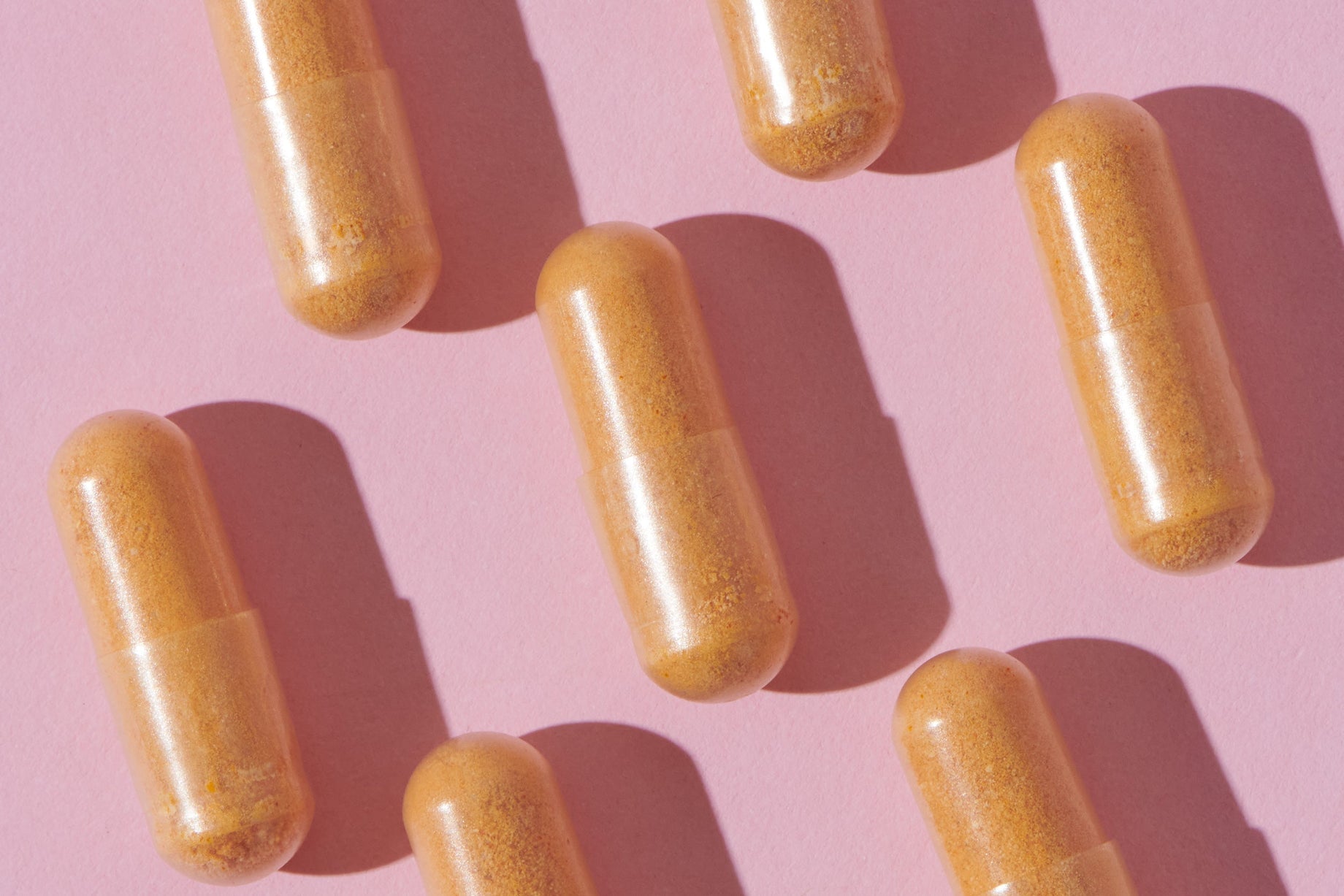Jump to:
During pregnancy, your baby’s brain is growing and developing at a rapid pace, and one nutrient that plays a role in this process is DHA (docosahexaenoic acid). DHA is an Omega-3 fatty acid that contributes to brain, eye, and nervous system development. Since the body does not produce enough on its own, it is important to get DHA from dietary sources or supplements.
Fish oil is a well-known source of DHA, but algae-sourced DHA offers a plant-based alternative that avoids concerns about mercury or environmental contaminants. In this article, we’ll explore the role DHA plays in pregnancy, how it may support fetal brain development, and why algae-derived DHA is a suitable option for expectant mothers.
What Is DHA, and Why Is It Important During Pregnancy?
DHA is a type of Omega-3 fatty acid that contributes to brain and nervous system development. From early pregnancy, DHA is involved in the formation of the fetal brain, spinal cord, and eyes.
According to the National Institutes of Health (NIH), DHA is highly concentrated in the brain and retina and is associated with cognitive and visual function in infants. Because DHA is not produced in sufficient amounts by the body, it must be obtained from external sources such as fish, fortified foods, or plant-based DHA supplements.
How Might DHA Support Baby’s Brain Development?
DHA is one of the most abundant fatty acids in the brain, and research suggests that adequate levels during pregnancy are linked to healthy cognitive and visual development. For personalised advice, consult a qualified healthcare professional.
Here’s what DHA is believed to contribute to:
-
Neuron Growth & Communication: DHA is a structural component of brain cell membranes and is thought to help with neural connections.
-
Cognitive & Behavioural Development: Some research has explored possible links between maternal DHA intake and aspects of infant development, though individual needs may vary and outcomes depend on multiple factors.
-
Eye & Nervous System Support: DHA is also found in high concentrations in the retina, where it plays a role in vision development【American Pregnancy Association】.
Why Consider Algae-Sourced DHA Instead of Fish Oil?
Fish oil has long been a popular DHA source, but algae-derived DHA provides an alternative. Since fish obtain DHA from eating algae, going directly to the source offers a plant-based and sustainable option.
1. Free from Mercury & Ocean Contaminants
Larger fish accumulate mercury, microplastics, and heavy metals over time. Algae-based DHA is grown in controlled environments, reducing the risk of contamination【Australian Government Food Standards】.
2. A Sustainable & Ethical Choice
Overfishing is a concern for marine ecosystems. Algae-derived DHA offers an alternative that does not contribute to declining fish populations. Learn more about our commitment to sustainability.
3. Suitable for Vegetarians & Vegans
For those following a plant-based or vegetarian diet, algae-based DHA provides a way to meet Omega-3 needs without consuming fish products.
How Much DHA Is Recommended During Pregnancy?
According to the American College of Obstetricians and Gynecologists (ACOG), pregnant and breastfeeding women should aim for 200-300 mg of DHA per day【ACOG, Nutrition During Pregnancy】.
Sources of DHA include:
-
Fatty fish (e.g., salmon, sardines)
-
Fortified foods (e.g., certain eggs and plant-based milks)
-
DHA supplements, especially for those who do not consume fish regularly
If you are looking for a high-quality plant-based option, explore our pregnancy supplements.
What to Consider When Choosing a DHA Supplement
If you are considering a DHA supplement, here are a few factors to keep in mind:
-
Purity & Quality Testing: Look for supplements that undergo third-party testing to ensure they are free from contaminants.
-
High Absorption: Some DHA forms are more bioavailable than others. Algae-based DHA is considered to be well-absorbed【National Center for Biotechnology Information (NCBI)】.
-
Additional Nutrients: Some formulations include EPA (another Omega-3) or choline, which may work alongside DHA in brain and nervous system development.
If you need personalised guidance, consider booking a naturopathic consultation to discuss your pregnancy nutrition needs.
Making an Informed DHA Choice
DHA is one of several important nutrients during pregnancy, contributing to brain, eye, and nervous system development. While fish oil is a common source, algae-based DHA provides a plant-based alternative that is free from heavy metals and sustainable.
Ensuring a well-balanced diet and considering evidence-based supplementation can help support your baby’s development. For those exploring plant-based nutrition during pregnancy, we offer a range of vegan-friendly DHA options, browse our pregnancy supplements, or reach out to us via our contact page.






